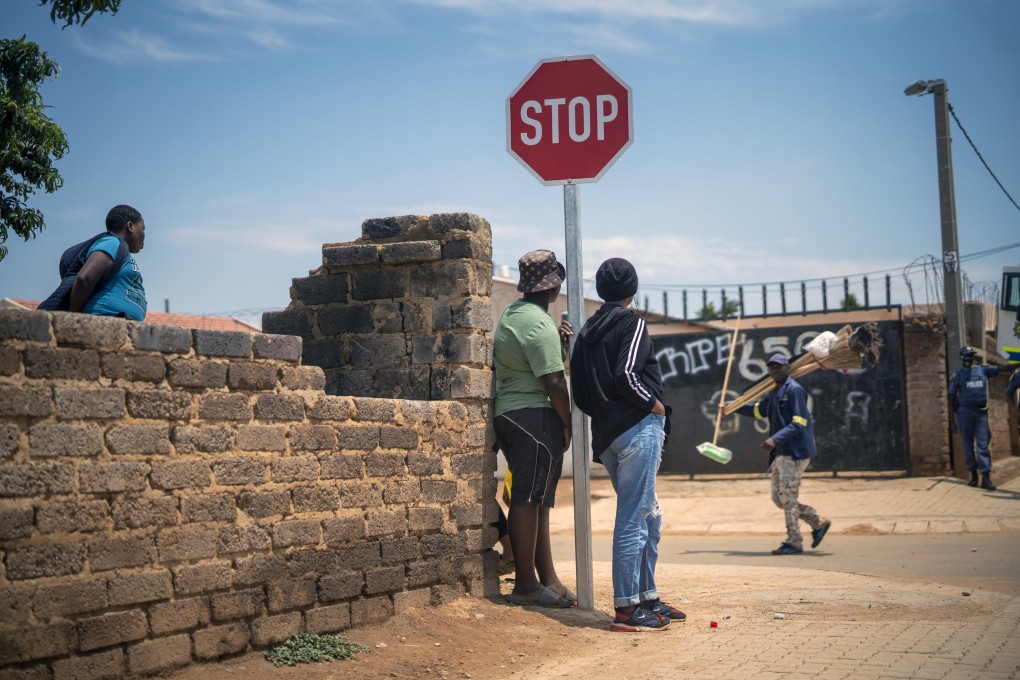Omicron: why South Africans are keeping calm and carrying on amid new coronavirus variant
- While countries across the world bring in lockdowns and travel bans, life remains relatively normal in the alleged ground zero of the new variant
- Experts in the country deny Omicron originated here. Others say that, against high levels of HIV, poverty and crime, Covid’s threat must be seen in perspective

While countries around the world have responded to the emergence of the Omicron variant with stringent lockdowns and travel bans, in the country where it was first identified, things are largely business as usual.
During a previous coronavirus outbreak, in March 2020, this country at the southern tip of Africa had instituted one of the strictest lockdowns in the world: its level 5 measures mandated no exercise, no shopping (except at supermarkets), no school, a 7pm–5am curfew, no alcohol or cigarette sales and permits for essential workers. This lasted 35 days. The aim was to stop the hospitals being overwhelmed with patients.
Yet now, despite being the alleged Ground Zero for a new variant that is widely suspected to be more transmissible, many of those restrictions are a thing of the past. Today, the country is on lockdown level 1 (the lowest tier) and there are few signs of that changing any time soon. Level 1 entails a curfew from midnight to 4am, and the closing time for all establishments and gathering places is 11pm. Face masks must be worn in public and social distancing must be maintained. Outdoor sports events are limited to 2,000 spectators, and only 100 mourners may attend an indoor funeral service.
The big question is this: is South Africa being reckless, or is the country a good example of how to live in a post-pandemic future?
Omicron’s impact can hardly be doubted. On November 27, the number of daily new Covid-19 infections in South Africa was 3,220. By December 3, this had risen to 16,055, according to the Department of Health. That is in a country where more than 90,000 people have died from the virus already, and only 25 per cent of the population has been fully vaccinated (while that figure may pale beside much of the world, it is actually quite high for Africa; the continent as a whole has a vaccination rate of only eight per cent).
Yet despite those grim figures, many ordinary South Africans – encouraged by their government – are taking things in their stride.